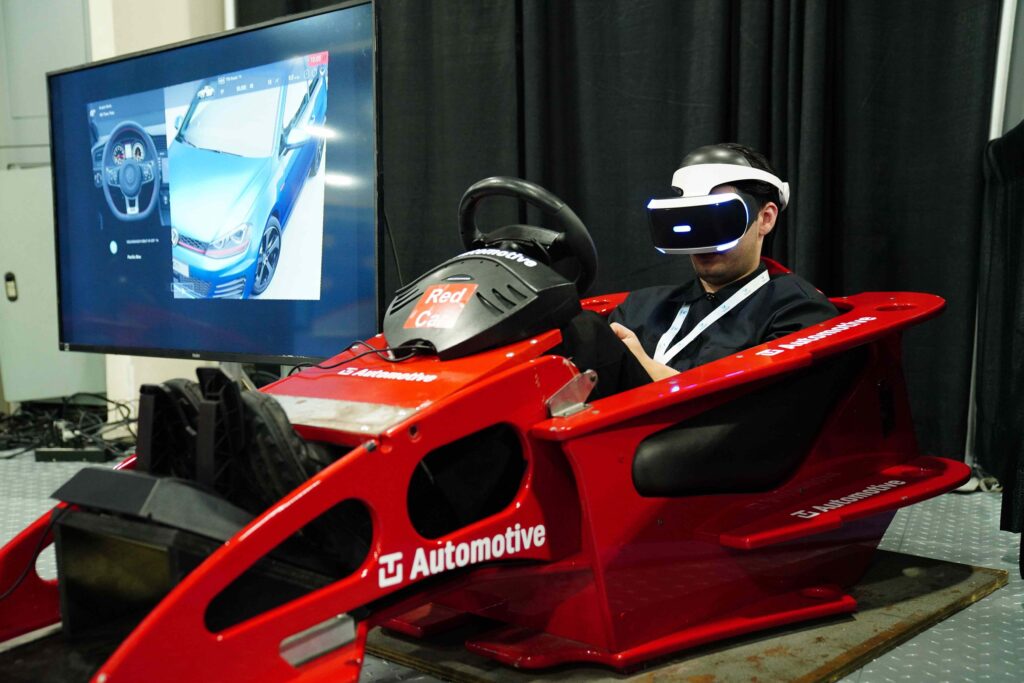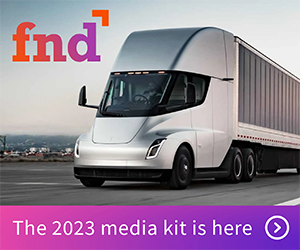More Than 57% of Auto Tech Leaders Expect COVID-19 to Increase Consolidation; More Than 85% Predict a Lasting Impact on Shared Mobility

A new survey from Informa Tech Automotive Group, hosts of TU-Automotive Detroit reveals that COVID-19 and remote working could have a lasting impact on the autonomous vehicle industry
Informa Tech Automotive Group today released the results of its global survey of more than 120 auto tech leaders that explored the impact that COVID-19 is having on the current and future autonomous vehicle (AV) industry. The survey found that more than 57% expect that COVID-19 will quicken the pace and rate of consolidation within the automotive industry. In addition, with an increased reluctance to use public transportation, more than 85% agree that COVID-19 will have a lasting impact on the usage of shared mobility solutions.
This survey was conducted in preparation for the upcoming TU-Automotive Detroit, ADAS & Autonomous Vehicles, WardsAuto Interiors and UX Conference, the world’s leading virtual conference for future automotive technology.
Autonomous vehicles in the ‘work from anywhere’ era
More than 75% of respondents agree that the acceleration towards urbanization may reverse with the new remote working paradigm, causing new testing and utilization challenges for autonomous vehicles as more people move to suburban and rural areas. Up to this point, AV technology has been developed with city life in mind. But in a world where more individuals work from home on a regular basis, driverless cars may not be able to achieve high utilization by serving urban dwellers alone – particularly if city populations decline. Only 11% of the auto tech leaders surveyed disagreed with this assessment, reaffirming the reverse urbanization paradigm.
The impact of testing coming to a screeching halt
COVID-19 has also put a damper on the development of self-driving cars, with more than 66% agreeing that the pandemic has negatively impacted AV testing. An increase in AV testing was thought to be the key to quick deployment, with many once believing that fully autonomous vehicles would arrive as early as 2020. However, most auto tech leaders surveyed (60%) don’t expect to see infrastructure capable of supporting Level 4+ autonomy in urban areas for more than 5 years. More than 16% have hope that the infrastructure will be in place within 4 to 5 years, while less than 9% of respondents expect the infrastructure in 3 years or less.
Consumer adoption tells a different tale. In an earlier survey conducted pre-pandemic, Informa Tech Automotive Group asked around 250 auto tech leaders when they expected the majority of consumers to embrace autonomous vehicles in their everyday lives. More than 57% of respondents expect this to occur within the next 10 to 15 years, yet only 11% predicted consumer adoption of AVs within the next 5 years.
ADAS features are missing the mark
The post-pandemic global survey asked about ADAS user interfaces, which have provided many drivers with their first taste of what autonomous technology can accomplish. However, more than 59% agree that the interface has become too complicated for the driver. Only 18% seem to be satisfied with how ADAS has been implemented.
“The impact of COVID-19 could be felt for years to come, influencing M&A activity and autonomous vehicle development, as well as the wider adoption of shared mobility solutions,” said Caroline Hicks, Event Portfolio Director, Informa Tech Automotive Group. “At a time when more people are working from home than ever before, there is of course less of a need to commute short distances to work. OEMs and AV startups alike will have to adapt to this new normal and carefully consider how people’s daily routines may be forever changed following the pandemic.”
Category: AUTONOMOUS, Driver Stuff, Electric Vehicles, Featured, General Update, News, Vehicles









